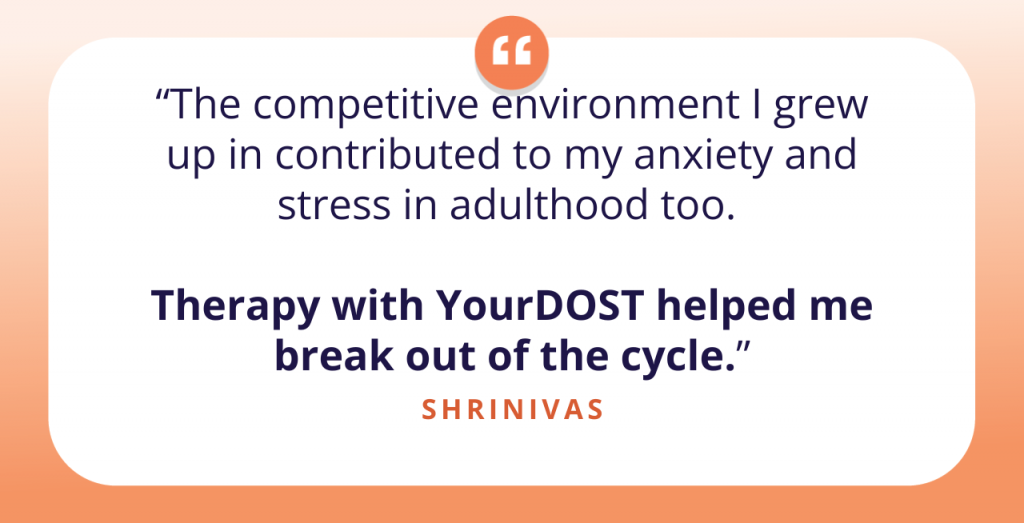
The Art of Setting Boundaries with Friends

One of the best things about friendships is that, unlike relatives or co-workers, we get to choose our friends. Research shows that these social connections play a crucial role in boosting our happiness and providing emotional support during tough times.
While friendships are essential to our well-being, it’s equally important to set healthy boundaries to maintain their positive impact. Studies indicate that setting boundaries is key to creating safe, respectful, and long-lasting relationships. Boundaries help us feel appreciated, validated and heard, but establishing them can be tricky.
What if your friend gets hurt? What if they misunderstand your intentions?
These concerns are valid, and it’s natural to feel uneasy about setting boundaries, especially when it involves difficult conversations. But don’t worry- we’re here to guide you through the process with some practical strategies to help you set healthy boundaries in your friendships.
Identify Your Boundaries

You can’t establish boundaries if you’re not clear on what they are. The first step is to recognize the type of boundaries you need and then move forward with enforcing them.
- Reflect on past experiences: Think about situations where you felt uncomfortable, drained, or taken advantage of. What specifically about those interactions made you feel that way?
- Pay attention to your emotions: Notice how you feel during interactions with your friends. If you’re consistently feeling irritated, exhausted, or uneasy, it’s a sign that boundaries are needed.
Practice Saying “No”

Being a “yes person” can lead to feelings of overwhelm or resentment. Learning to say “no” confidently, without guilt or over-explaining, is crucial for maintaining healthy friendships.
- Be concise: If a friend invites you out but you’d prefer to stay in, it’s okay to say no without giving a lengthy explanation. Over-explaining can sometimes make your decision seem less firm.
- Use “I” statements: Prioritize your own needs when necessary. Instead of justifying why you can’t join, say something like, “I need to spend the evening alone.”
Express the Value of Your Friendship

Before diving into a discussion about boundaries, make sure your friend knows how much you value the relationship. Research shows that when friends feel appreciated, they’re more likely to engage in open and honest communication.
- Be genuine: Authenticity is key. Speak from the heart and make it clear that you intend to strengthen the friendship, not create distance.
- Set the tone: Start by sharing what you appreciate most about your friend, then ease into the conversation about boundaries. Framing it this way helps them understand that boundaries are about enhancing the relationship, not restricting it.
Accept the Discomfort

Setting boundaries can come with feelings of guilt or discomfort, but it’s important to remember that these emotions are normal and temporary. Healthy boundaries are essential for respectful and fulfilling friendships.
- Acknowledge your feelings: Recognize that it’s okay to feel uneasy about setting limits. Allow yourself to feel these emotions without judgment.
- Focus on the benefits: Remind yourself that boundaries are necessary for your emotional well-being and self-respect. Concentrating on the long-term benefits makes the short-term discomfort easier to handle.
Setting healthy boundaries is game-changing in maintaining fulfilling and respectful friendships. Remember, boundaries aren’t barriers- they’re bridges that bring you closer to your friends by fostering mutual understanding and respect.






